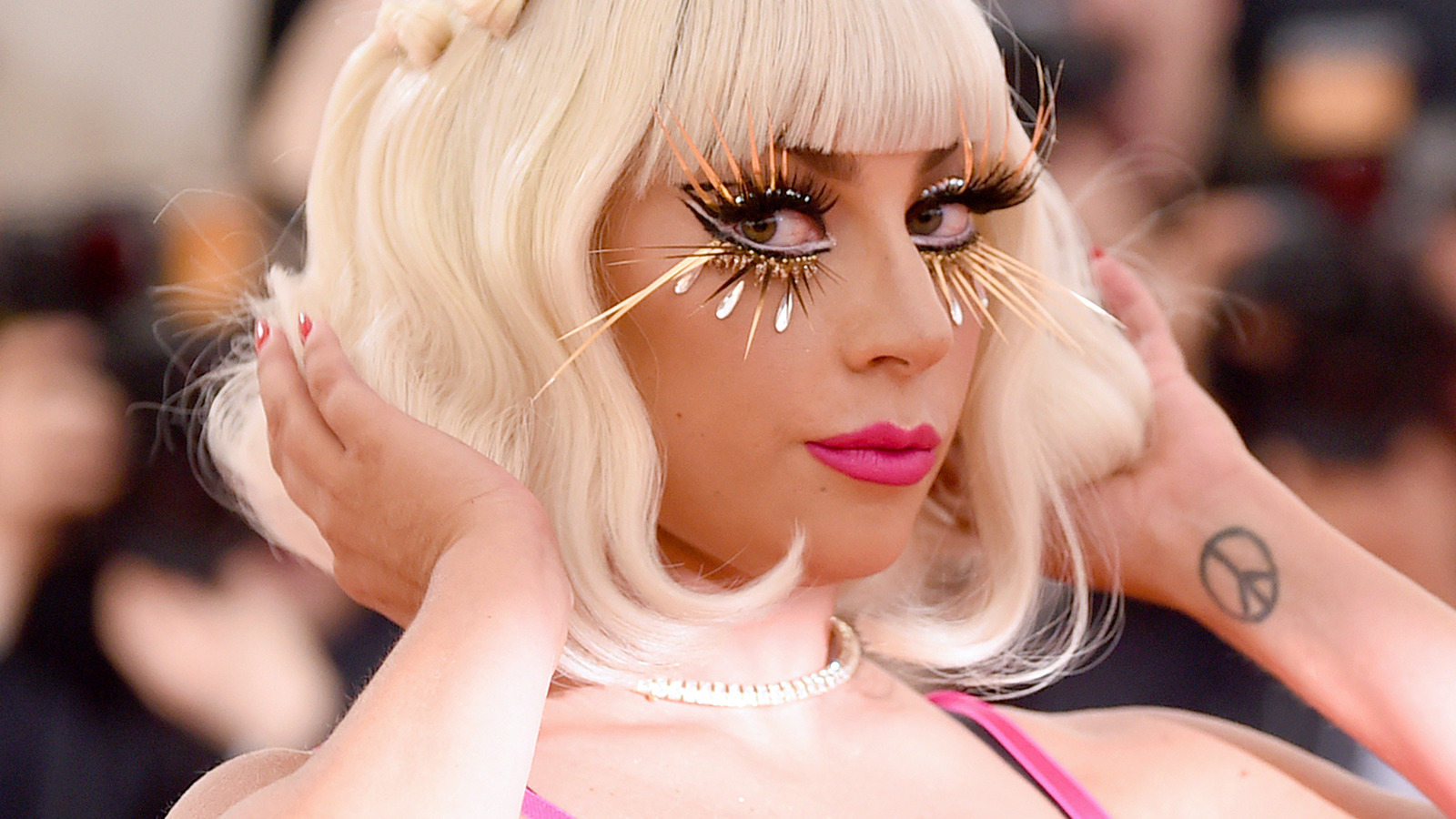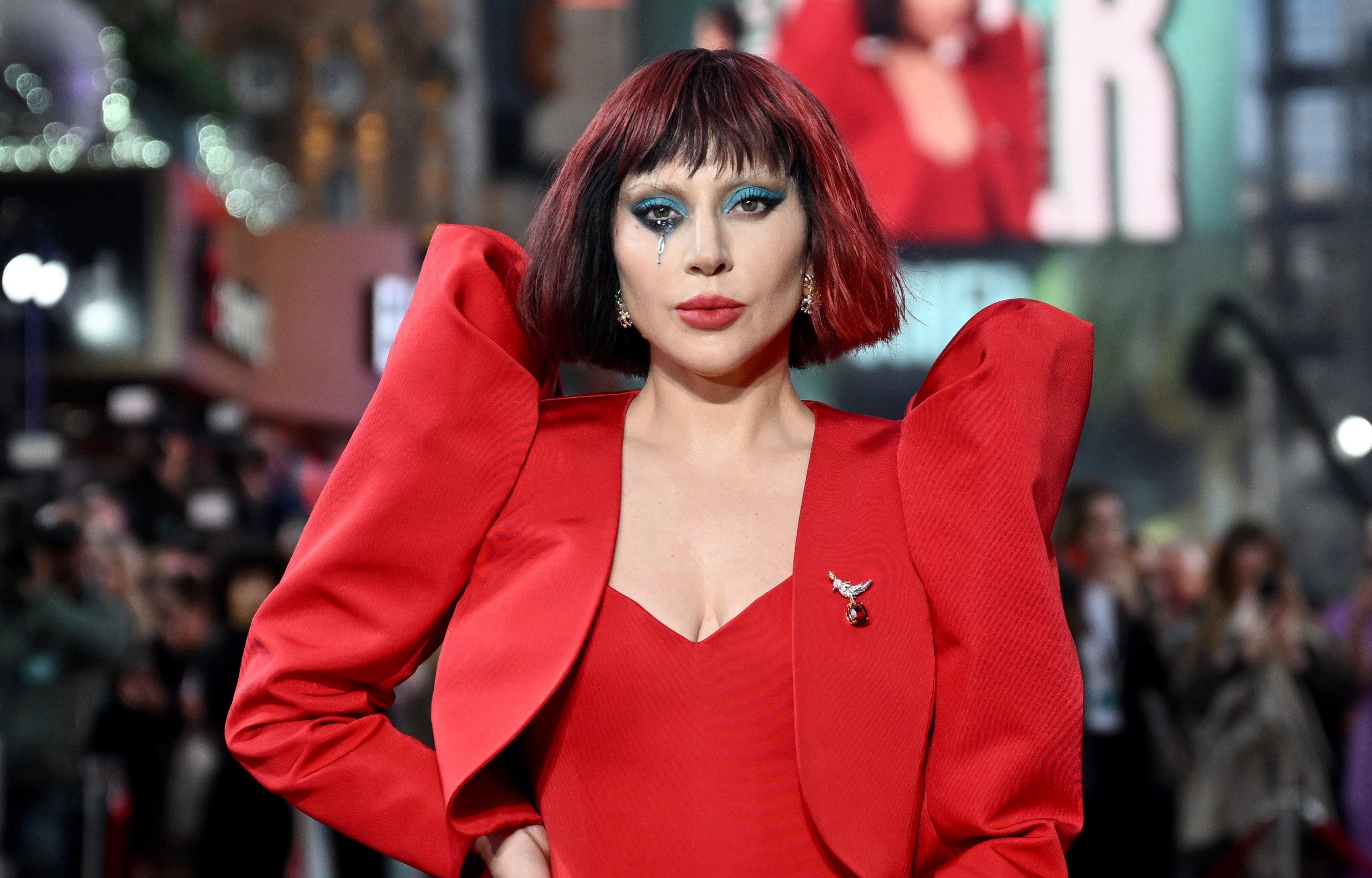Lady Gaga Nakee - Language And Digital Discovery
When we look for information about public figures, like someone such as Lady Gaga, it often sparks thoughts about how we use language and where we find details. The internet, you know, is a vast place, and the words we choose to describe things, or people, truly shape our understanding. So, too, what we see and how we look for it online, especially on platforms like YouTube, plays a big part in our daily lives. This discussion will explore some interesting facets of language itself, like the origins of certain terms, and how digital platforms help us find what we're looking for, or sometimes, what we weren't even expecting. It's almost like a little adventure into words and how they connect with our online experiences.
People frequently wonder about the right ways to refer to others, considering respect and tradition. Terms like "lady" or "milady" carry a lot of history, and figuring out when to use them, or even how to spell them, can be a bit tricky. We'll explore the interesting background of these words, seeing how they've come to be used and what they imply in different situations. This is that sort of thing where language really shows its age and how it evolves, right?
Then there's the whole other side of finding information, which often means turning to places like YouTube. Whether you're trying to figure out why a video isn't playing right, or how to set up your channel just the way you like it, there are lots of things to consider. We'll touch on some common questions people have about using YouTube, from understanding video quality to managing your viewing history, which is actually quite useful for getting recommendations.
Table of Contents
- Unpacking the Term "Lady" - A Linguistic Journey
- Is "Lady" Always a Respectful Term? Exploring its Nuances for a Lady
- What About the Phrase "Faint Heart Never Won Fair Lady"? Tracing its Roots for a Lady
- Understanding YouTube's Digital World
- How Can You Personalize Your YouTube Experience? Customizing for a Lady's View
- Getting Your Videos to Play Smoothly
- Are There Common Questions About YouTube TV? Addressing Your Lady-Friendly Queries
- Managing Your Channel and Content
Unpacking the Term "Lady" - A Linguistic Journey
So, you know, that word "milady," it actually comes from "my lady," which is kind of neat, isn't it? It's basically a way folks used to talk to a woman of high standing, someone important, like a noble woman, really. This particular way of speaking, it's the feminine counterpart, you could say, to "milord," which was used for a man of similar status. It’s got that old-world charm, doesn’t it, and it gives us a little peek into how language evolves over time. Actually, when we think about it, the way we address people has always been a pretty big deal, hasn't it? This term, "milady," carries with it a sense of historical weight, reflecting social structures and polite forms of address from earlier periods. It's a word that truly paints a picture of a bygone era, you know, where such distinctions were a common part of daily interaction.
A common thought that pops up for many people is whether you can use the word "lady" instead of "miss" to show someone a bit more deference or respect. It's a fair question, and in some respects, it really depends on the situation and what you're trying to convey. The idea is to convey a sense of esteem, you know, when you're talking to someone. This isn't just about picking a word; it's about the feeling it gives off, which is actually quite important in communication. For instance, using "lady" might feel a little more formal or perhaps a touch old-fashioned in certain modern settings, but it can certainly carry a weight of polite regard. It's all about the context, really, and how you mean for your words to land.
Then there's the whole business of capitalization. If you decide to use "lady" right before a person's given name, like if you were referring to someone as "Lady Mary Jane" or just "Lady Mary," should that word "lady" begin with a capital letter? The general guidance, in this case, is yes, you absolutely should make sure it starts with an uppercase 'L'. It shows that it's acting almost like a title, a part of their formal way of being addressed, which is a common practice when we're talking about proper nouns or specific forms of address. This just makes things clear, doesn't it? It helps to distinguish it as a specific form of address rather than just a general descriptive term. So, if you're writing about someone with a title like that, capitalizing it is the way to go, for sure.
When we look at the phrase "the lady of the house," it generally means the woman who manages or owns the household. However, in the context of how surnames like "Tiplady" came about, it takes on a slightly different meaning. It hints at a family name that might have originated from someone's role or a characteristic related to being the "lady of the house" in a specific way. It’s a pretty interesting peek into how family names can carry bits of history and old customs, isn't it? This sort of thing really shows how language is tied into everyday life and the evolution of personal identifiers over many years. So, the name itself can tell a story, which is quite fascinating, if you think about it.
There was a time when I, or perhaps someone I know, tried to figure out why the word "handsome" might be used in a letter to a lady friend. It felt like a bit of a puzzle, and there was some hesitation about actually using it because it wasn't clear if it would be seen as a thoughtful gesture or perhaps a little out of place. This kind of situation really highlights how words can have different shades of meaning depending on who's saying them and who's hearing them, and the kind of relationship between those people. It's a good reminder that language isn't always straightforward, and what seems perfectly fine to one person might be interpreted differently by another. You know, it’s all about the subtle feelings words carry, and sometimes, those are the trickiest to get just right.
Bio Data for the Term "Lady"
| Origin | From "my lady" |
| Gender | Female form of "milord" |
| Usage | Term of address for noble women; can show respect |
| Capitalization | Capitalized when |

The Bizarre Story Of How Lady Gaga Got Her Name

Lady Gaga Name Logo - Kenjutaku

New Music Friday: Listen To Songs From Lady Gaga & Bruno Mars, LISA